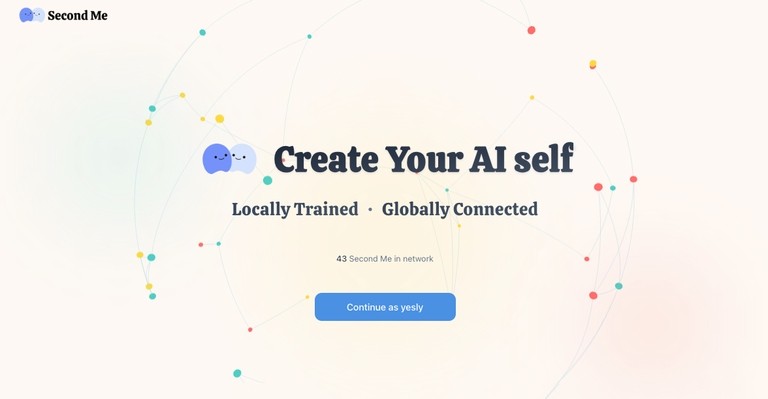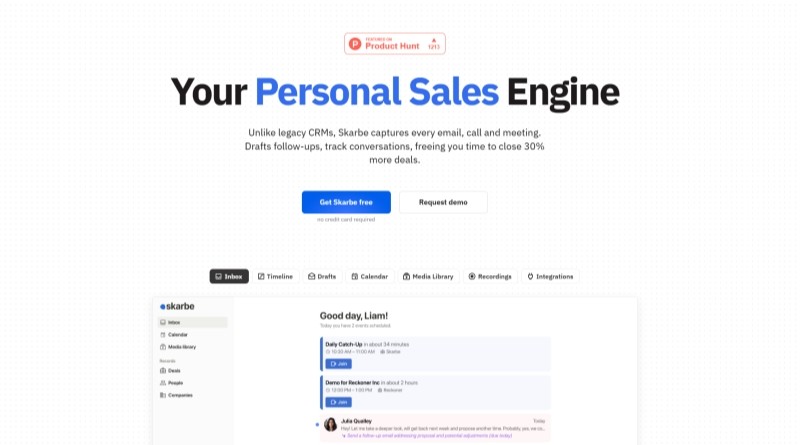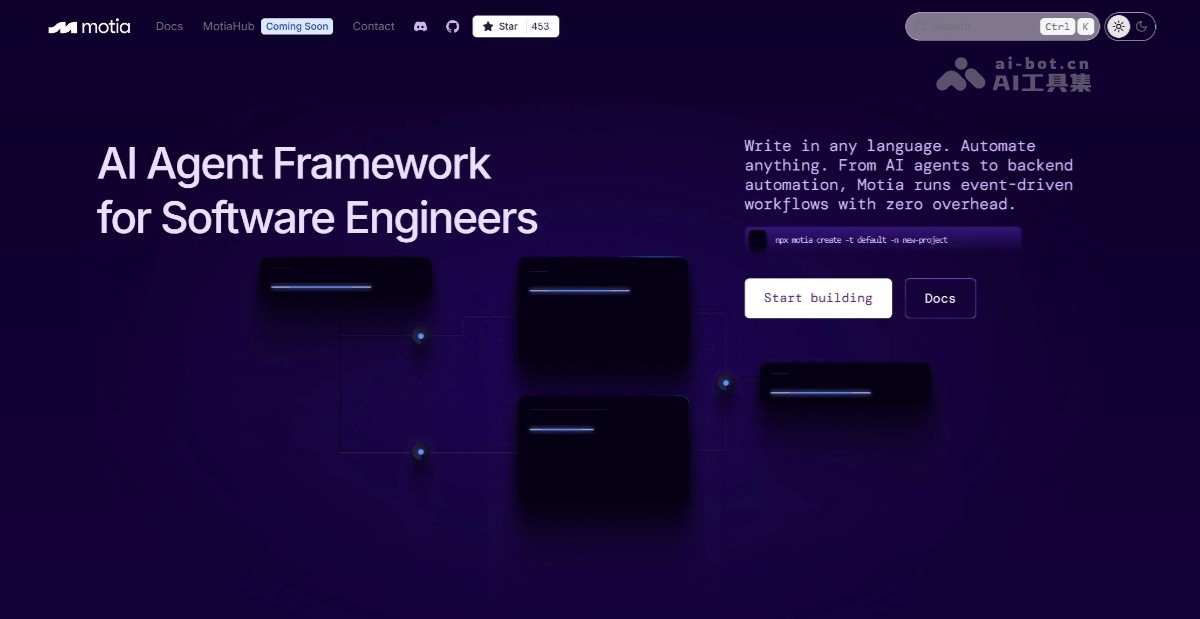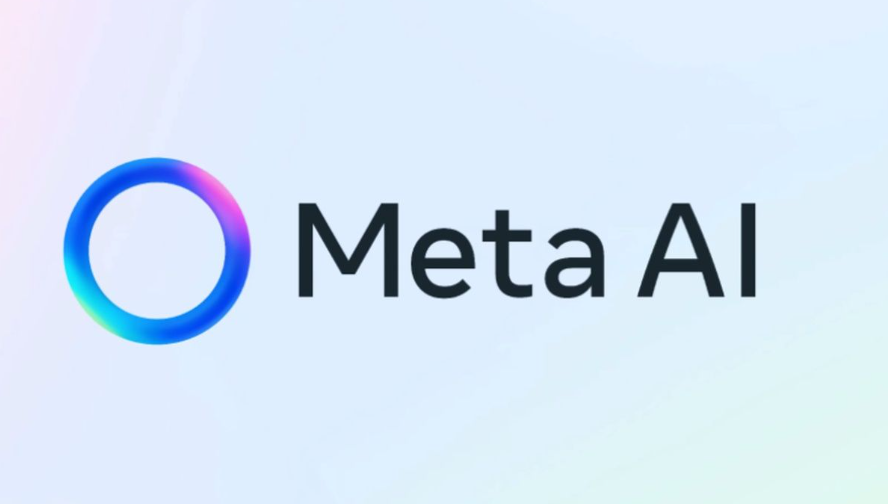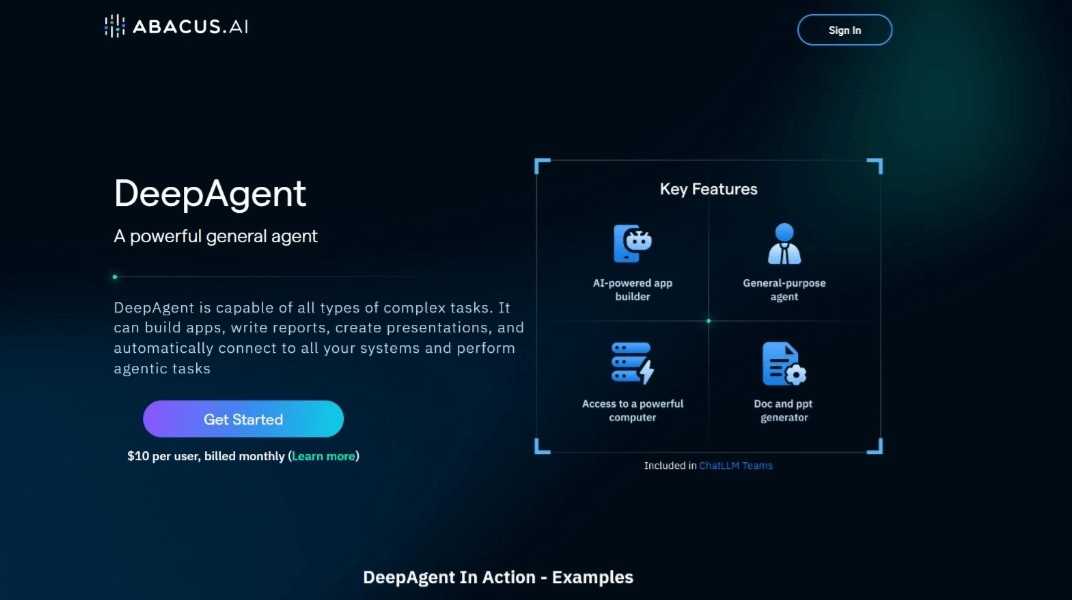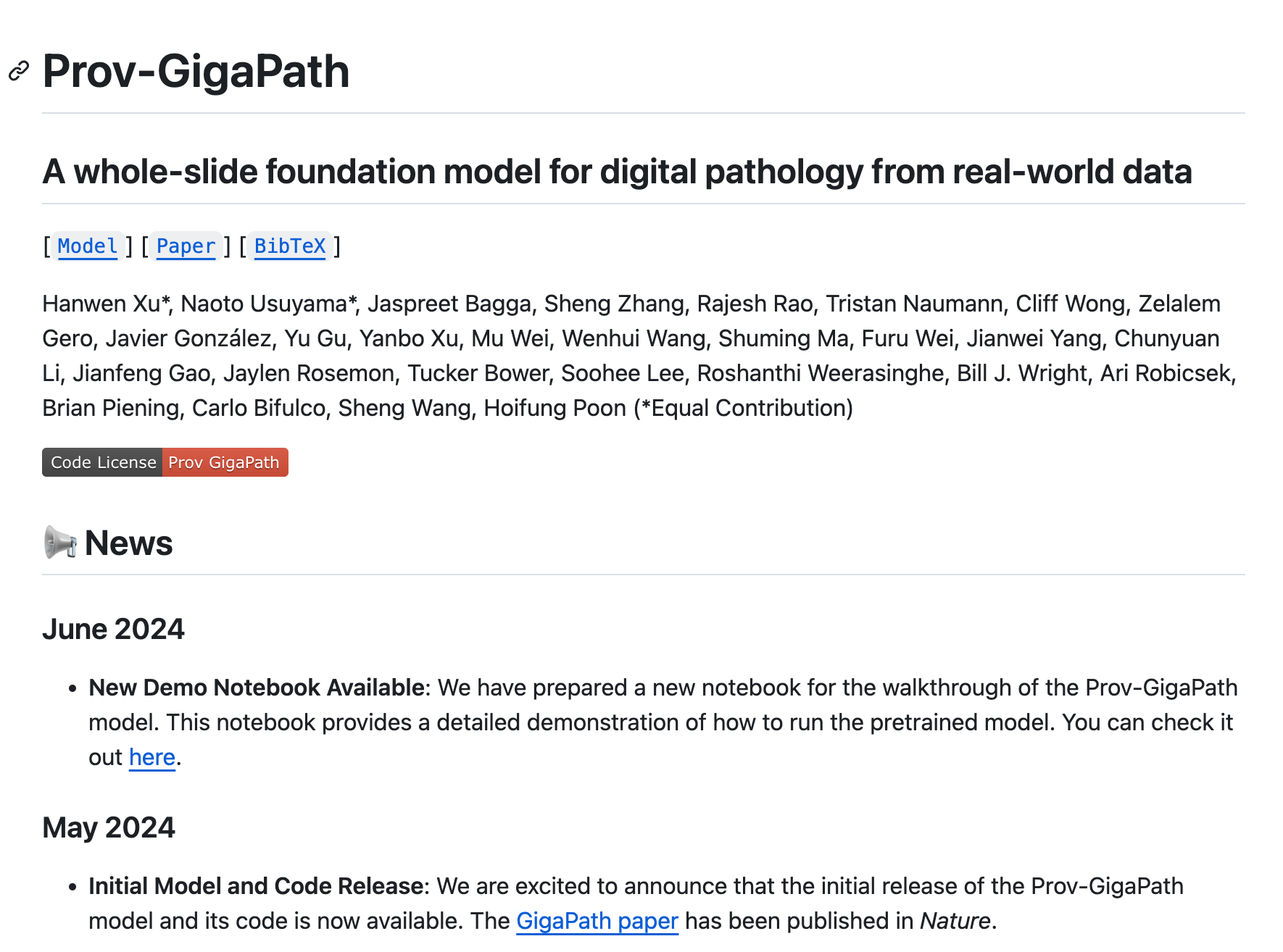
Prov-GigaPath is a full-slice base model for digital pathology research, trained with real-world data and designed to support AI researchers in their research on pathology base models and digital pathology slide data encoding. The model was jointly developed by multiple authors and published in the journal Nature. It is not intended for clinical care or any clinical decision-making purposes and is for research use only.
The target audience is AI researchers and scholars in the field of digital pathology, who need a powerful model to analyze and understand large amounts of pathology data to promote the development of medical research and diagnostic technology.
Example of usage scenario:
The researchers used the Prov-GigaPath model to analyze pathology data and published it in the journal Nature.
Medical schools use the model for teaching and research to improve students' understanding of digital pathology.
Hospital researchers use the model to automate the analysis of pathology slides and speed up the research process.
Product features:
Supports running on NVIDIA A100 Tensor Core GPU machines.
Provides downloads of pre-trained models and code.
Ability to access Prov-GigaPath models on HuggingFace Hub.
Contains tile encoder and slide encoder, which are used to extract local patterns and output slide-level representation respectively.
A detailed demo notebook is provided showing how to run the pre-trained model.
Provides pre-extracted embeddings for PCam and PANDA datasets to facilitate fine-tuning experiments.
Sample data download links are provided for further research and analysis.
Usage tutorial:
Download and install the required CUDA toolkit and Python environment.
Download the Prov-GigaPath model and code from the GitHub repository.
Visit HuggingFace Hub and agree to the relevant terms to gain access to the model.
Follow the provided guidelines to set environment variables to avoid access errors.
Run the provided demo notebook to learn basic usage of the model.
Use tile encoder and slide encoder to extract and encode data.
Fine-tune the model as needed to suit specific research purposes.
Download and use the provided sample data for further analysis and research.
